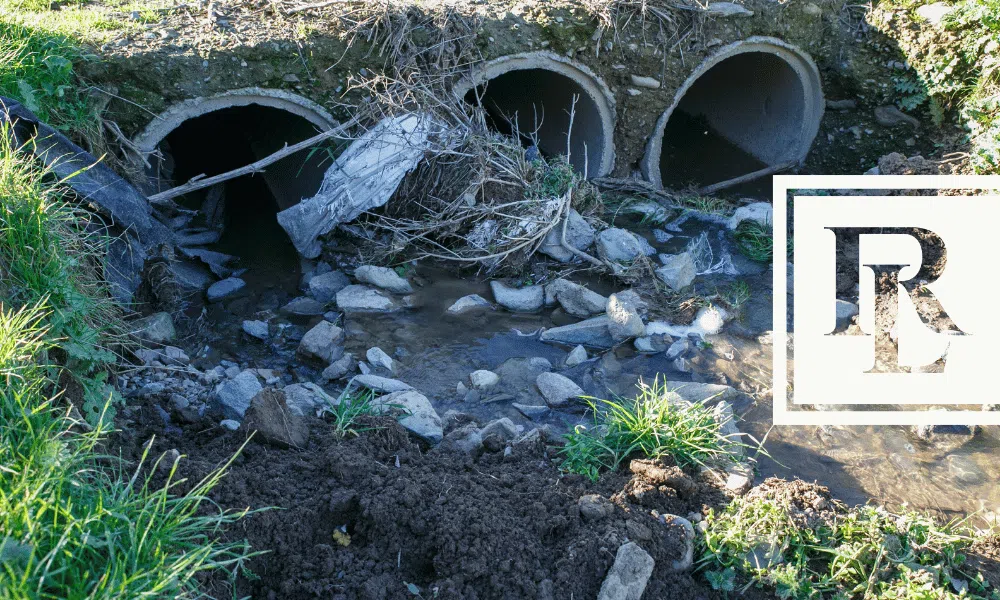2022 brought long-overdue concerns to light as millions of people discovered they may have been poisoned by water from U.S. marine military base, Camp Lejeune, and the surrounding New River. Individuals may be eligible for compensation for any medical adversities that are linked to water consumption.
Where is Camp Lejeune?
The U.S. Marine base, Camp Lejeune, is located in the Onslow County of North Carolina adjacent to Jacksonville, North Carolina. The military base spreads across 250 square miles surrounding the New River, where countless individuals have visited, lived, and worked since the 1950s.
In 1982, the Environmental States Environmental Protection Agency confirmed unsafe levels of Benzene, Tetrachloroethylene, Trichloroethylene, and Vinyl Chloride, in the water supply of the New River and Camp Lejeune. It was later established that the water was severely polluted and linked to various cases of life-threatening illnesses.
An unfortunate reality of unexplainable medical adversities affected millions of individuals, one being a gentleman named Ronald Walker. Ronald Walker explained his role as a “Marine at Camp Lejeune from 1972 to 1975 where he drank, bathed, and trained in the poisonous water. He has stage three Cirrhosis and prostate cancer. He never smoked or used drugs” (2022) Not only was Ronald living on base, but his family was living on base with him.
Camp Lejeune Justice Act of 2022
The Camp Lejeune Justice Act of 2022 has been proposed to establish a resolution for over one million men, women, and children who were poisoned from water contamination at Camp Lejeune.
The Camp Lejeune Justice Act of 2022 permits any person who lived or worked on Camp LeJeune or the MCAS New River between August 1953 – December 1987 to file a claim against the U.S government. This bill honors a long-awaited relief in giving to the victims who were poisoned during their time of service.
Am I Eligible?
Unlike previous lawsuits against human safety and health on U.S. military bases, service members are not the only party eligible for compensation. If the Camp Lejeune Act of 2022 is officially passed, anyone who lived at Camp Lejeune for 30 cumulative days or more between 1953 – 1987 and suffered from one of the identified health conditions is eligible to file a lawsuit against the U.S Government.
This includes staff working on the base, military service members, families of service members, and even unborn children who were in the womb during the unsafe period. Benefits do not apply to members of the service who were dishonorably discharged during active duty.
If you fall into this category, you may be eligible for medical care benefits and financial compensation.
Associated Medical Conditions
As of March 7, 2022, The U. S Department of Veterans Affairs has confirmed various health conditions that have been directly linked to the contaminated water.
- Adult leukemia
- Aplastic anemia
- Myelodysplastic syndromes
- Bladder cancer
- Kidney cancer
- Liver cancer
- Multiple myeloma
- Non-Hodgkin’s lymphoma
- Parkinson’s disease
- Esophageal cancer
- Breast cancer
- Renal toxicity
- Scleroderma
- Lung cancer
- Hepatic steatosis
- Miscarriage
- Female infertility
- Neurobehavioral effects
What Documents Do I Need?
Before pursuing legal action, a few requirements are non-negotiable when establishing a lawsuit under the Camp Lejeune Justice Act of 2022. The requirements vary depending on your role at Camp Lejeune during contamination.
Veterans
1.) Proof of service
Firstly, you must provide proof of service at Camp Lejeune during 1953-1987. A document must describe your role at Camp Lejeune. Whether you were a staff member on base, active-duty service member, or guardsman you need to provide proof of this. Documents can come in the form of a service or work contract with adequate dates.
2.) Medical documentation
In addition to proof of service, ex-service members must provide medical records stating they have 1 or more of the confirmed conditions. The documents must display the conditions, the date of diagnosis, and medical bills from treatment.
Family Members
1.) Proof of service connection
If you are not a direct service member or didn’t physically work on base but lived there with a service member, you must provide proof of that relationship. This is especially aimed at the families on base who were affected. Documents like marriage certificates, adoption or guardianship papers, and birth certificates are needed.
2.) Proof of residency
Secondly, you must provide documentation that you lived on Camp Lejeune or the MCAS New River. This can be established with utility bills, housing records, military orders, and tax forms.
3.) Medical documentation
Many people could have been unknowingly affected by the poisonous water located on Camp Lejeune and until this year, have not been offered a solution to the problems they faced as a result. Now, as this information has been disclosed to the public, affected individuals may need a professional to guide them through the legal process. VA Disability and Personal Injury Attorney Rob Levine is ahead of this matter and can get you the benefits you are deserving of. Contact Rob Levine today.






